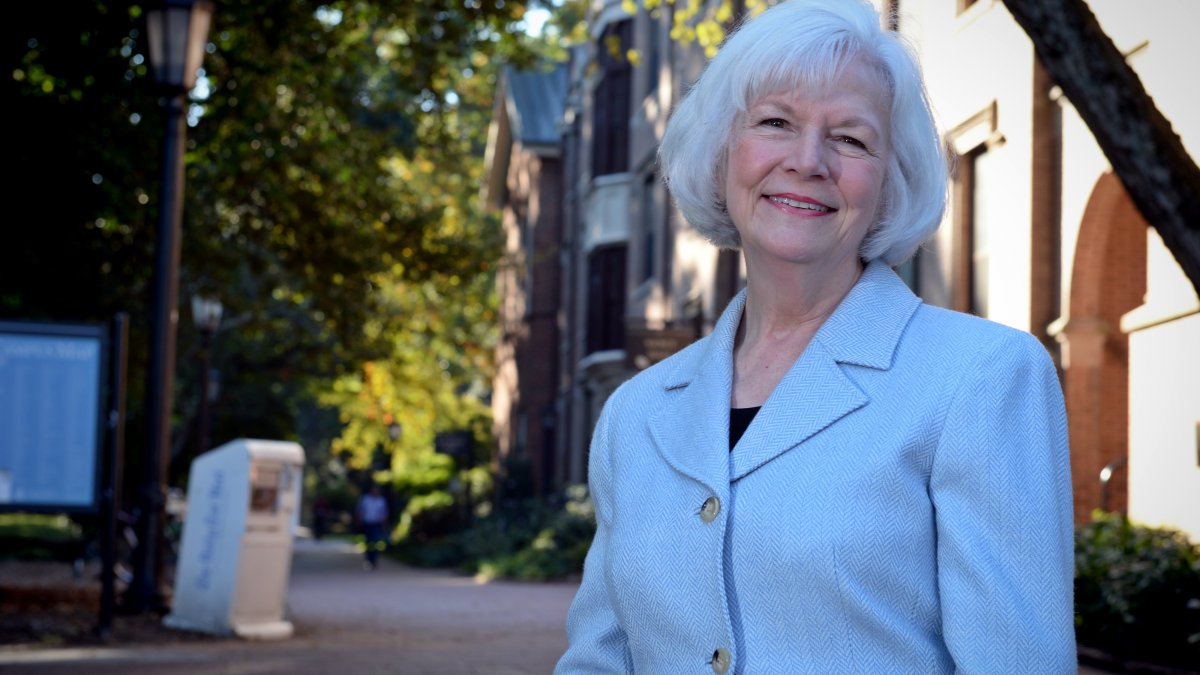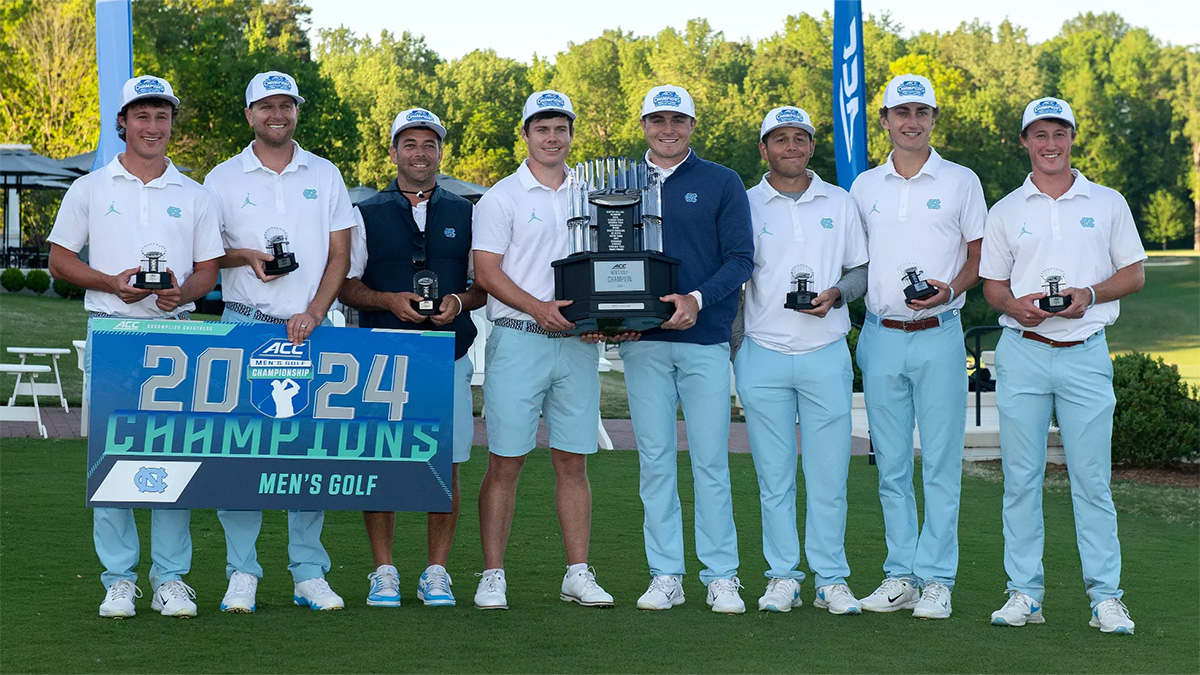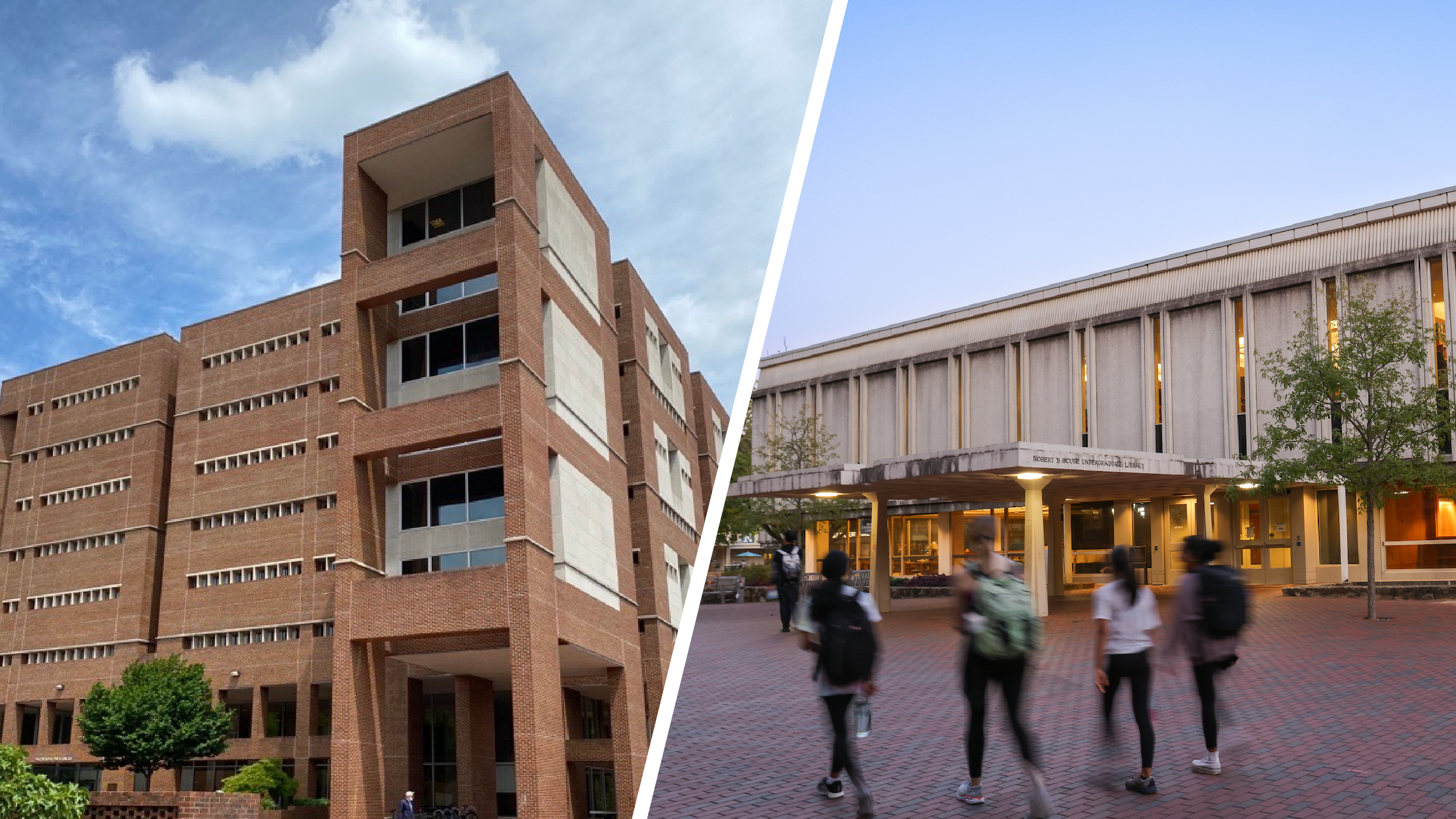Vision — and visionary
One reason she came to Carolina 17 years ago was because she believed there was no other institution in the country that held the same “consonance of values” as she felt about making college accessible to students regardless of their family’s income.

As a teenager in rural Michigan, Shirley Ort had no expectations of going to college until the summer after her high school graduation, when her school principal rapped on her screen door.
He was carrying an application to Spring Arbor College, a private liberal arts school only 60 miles from home. She did not understand it at first, but he was handing her a ticket to a future she had not dared dream was possible.
Her father worked as a tenant farmer; her mother, a cook. Neither had finished high school, and they struggled to earn enough to pay the rent and feed their family. Spring Arbor College may have been only 60 miles away, but Ort understood it might as well have been a million, until her principal began to speak.
“Don’t worry if you don’t have money,” the principal told her. “If they accept you, they will find a way to help you stay there.’”
Spring Arbor admitted her three days before classes began in fall 1964, and her mother drove her the 60 miles to campus in the family’s 1952 maroon-and-black Chevrolet. After her mother left, Ort sat on the campus lawn, poring over course literature and trying to figure out what a credit hour was.
‘A word from the Old Testament’
Before Ort graduated in 1968 with degrees in history and political science, she would learn much more, as she described when she returned to Spring Arbor 50 years later to speak during an awards ceremony.
“For me,” Ort said, “Spring Arbor laid the foundation for decades of learning and service to follow, teaching me habits of heart and mind and igniting a desire to learn.”
That only was possible, Ort said, because “someone came for me with a vision of what I could become, a vision larger than the one I had for myself.”
That same vision lies at the core of the Carolina Covenant, the program Ort envisioned, which for the past decade has guaranteed low-income students a chance to graduate from Carolina debt-free.
Chancellor Emeritus James Moeser, speaking to the Board of Visitors last month, recounted the way Ort came to his office explaining how with just a small investment the University could create a new program, the first of its kind at a public university, that would offer low-income students the chance to graduate without debt.
It would require each student to earn a place at Carolina and work 10 to 12 hours a week on campus. And it would require Carolina to commit a combination of state, federal and school grants to cover all other expenses.
“It didn’t take me very long to say yes,” Moeser said.
A covenant, Moeser said, is a word from the Old Testament that sends a strong message that this program springs from the “deepest well of our values at this University.”
He added, “If we had sainthood in this University, Shirley would be my first candidate for canonization.”
Overcoming obstacles
Ort, though, would be quick to offer another candidate who she believes lived and spread that vision like no other: the late Fred Clark, who served as the Covenant’s academic coordinator.
Money may have been the primary thing that Carolina Covenant scholars needed to put Carolina within reach. The second – to succeed and graduate on time – was Clark’s cell phone number.
There has always been a grittier, harder-edged reality to the program than the tidy success stories might have made it appear, said Ort, associate provost and director of the office of scholarships and student aid. Behind each shiny triumph was some struggle that had to be waged, a series of complex obstacles to overcome.
In the phone calls, emails, and texts Clark received at all hours of the day and night, Clark helped students deal with whatever problem they faced, including the crisis in confidence that so many first-generation students inevitably experience.
His message, Ort said, was always, “I know you can do this.” It was almost as if, because he believed in the students so much, they could believe in themselves, Ort said.
When the problems were bigger than a crisis in confidence, when they required some kind of institutional remedy, Clark turned to Ort to find the right levers of the University to help a student overcome circumstantial barriers and focus on school.
It was Clark who always kept the individual stories of Carolina Covenant scholars front and center so that the policies of the office and the University remained firmly focused on human outcomes, Ort said.
There have been instances when a student’s family used college money to help cover emergencies, like a parent’s illness or a grandparent’s funeral. Ort and her staff have made tough calls to help students make up the lost funds.
“It feels good because those kids can finish their education,” Ort said. “They don’t have to drop out because a grandfather died or a parent got sick.”
‘Consonance of values’
Over the years, the success of the program has sparked national recognition and inspired would-be imitators, developments that have left Ort both thrilled and worried.
She knows many colleges, including small private colleges like the one she attended, simply lack the resources to do what Carolina has accomplished in the scale that it has been able to do it.
She fears those financial challenges might cause them not to even make the attempt.
“There is a wonderful quote from Theodore Roosevelt: ‘Do what you can, with what you have, where you are.’ If we are going to be effective as a national leader, we will inspire others to do what they can with what they have where they are,” she said.
One reason she came to Carolina 17 years ago was because she believed there was no other institution in the country that held the same “consonance of values” as she felt about making college accessible to students regardless of their family’s income.
It is the reason she is still here, she said, and the reason she believes the Carolina Covenant will endure long after she is gone.
“When I think about the Carolina Covenant over the past 10 years, I think of it as an example of us at our best,” Ort said. “That’s powerful for this University.
“For me personally, it’s a reminder that if there is intentionality among good people at a really good institution, you can free human potential in unimaginable ways.”




